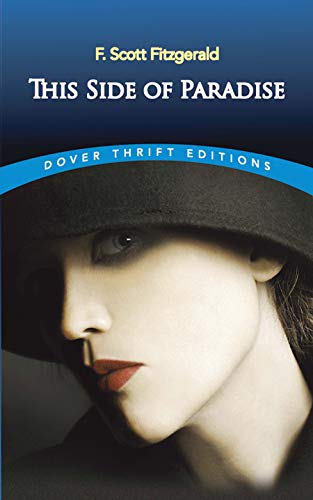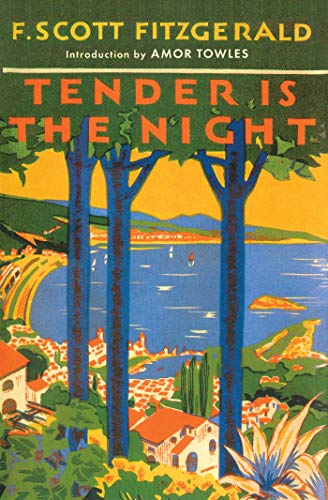When my attention was drawn to an article by Jeet Heer in The New Republic about a supposed connection between post-traumatic stress disorder (PTSD) and the so-called trigger warnings given to students on American campuses, I happened to be reading a short book called A Cadre School Life: Six Chapters, by Yang Jiang, a distinguished Chinese writer and literary scholar who was sent to a reeducation camp during the Cultural Revolution. No contrast could have been better calculated to expose the shallowness and triviality of providing students with warnings that reading Little Dorrit may awaken traumatic memories of having been swindled and Madame Bovary may call to mind an operation gone wrong.
In her book, Yang Jiang hints only obliquely at her suffering. For example, she describes how her son-in-law, also a university teacher, committed suicide rather than provide a list of “unreliable elements” to the Workers’ Propaganda Team that were preparing to “struggle” him. If she doesn’t complain bitterly, it’s because she knows that 20 million others shared her fate, and some a fate far worse—1 million were killed during the Cultural Revolution—and that it would be unseemly to overemphasize her individual suffering, whose horror any reasonably sensitive reader can well imagine. The understated acts more powerfully on the mind than the overstated.
The directness of Yang’s writing contrasts painfully with Heer’s prose inThe New Republic, which claims that “the real explanation for our newfound trepidation has to do with the way we process trauma.” As Heer explains:
Over the past few months, some of our sharpest liberal writers have been warning of a resurgent identity politics, a new political correctness that evokes earlier clashes. Many of these writers have been shaped by the political correctness fights of the 1990s—a tangle of arguments about the literary canon, speech codes, and multiculturalism. Indeed, many of the complaints about the new political correctness foreground ’90s campus conflagrations in which they played some small part—giving their writing a peculiarly antique tinge for arguments that are ostensibly about a twenty-first century perversion of popular culture.
It is hardly surprising that someone who writes like this doesn’t think clearly. Heer’s conclusion, after an excursion into the history of PTSD as a nosological entity of doubtful relevance, leaves the reader uncertain what, if anything, he thinks of trigger warnings. Are they merely a curious sociological phenomenon, or are they justified?
 This Side of Paradise ...
Best Price: $1.25
Buy New $4.24
(as of 12:15 UTC - Details)
This Side of Paradise ...
Best Price: $1.25
Buy New $4.24
(as of 12:15 UTC - Details)
 The Great Gatsby
Best Price: $1.36
Buy New $5.55
(as of 05:15 UTC - Details)
The Great Gatsby
Best Price: $1.36
Buy New $5.55
(as of 05:15 UTC - Details)
 Tender Is the Night (C...
Best Price: $1.25
Buy New $6.58
(as of 03:15 UTC - Details)
Tender Is the Night (C...
Best Price: $1.25
Buy New $6.58
(as of 03:15 UTC - Details)
 This Side of Paradise ...
Best Price: $1.25
Buy New $4.24
(as of 12:15 UTC - Details)
This Side of Paradise ...
Best Price: $1.25
Buy New $4.24
(as of 12:15 UTC - Details)





